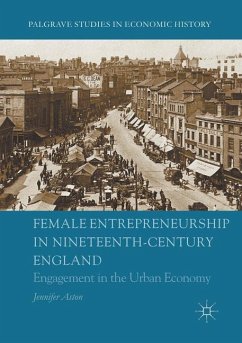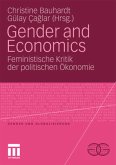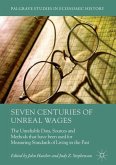Aston challenges and reshapes the on-going debate concerning social status, economic opportunity, and gender roles in nineteenth-century society.
Sources including trade directories, census returns, probate records, newspapers, advertisements, and photographs are analysed and linked to demonstrate conclusively that women in nineteenth-century England were far more prevalent in business than previously acknowledged. Moreover, women were able to establish and expand their businesses far beyond the scope of inter-generational caretakers in sectors of the economy traditionally viewed as unfeminine, and acquire the assets and possessions that were necessary to secure middle-class status. These women serve as a powerful reminder that the middle-class woman's retreat from economic activity during the nineteenth-century, so often accepted as axiomatic, was not the case. In fact, women continued to act as autonomous and independent entrepreneurs, and used business ownership asaplatform to participate in the economic, philanthropic, and political public sphere.
Sources including trade directories, census returns, probate records, newspapers, advertisements, and photographs are analysed and linked to demonstrate conclusively that women in nineteenth-century England were far more prevalent in business than previously acknowledged. Moreover, women were able to establish and expand their businesses far beyond the scope of inter-generational caretakers in sectors of the economy traditionally viewed as unfeminine, and acquire the assets and possessions that were necessary to secure middle-class status. These women serve as a powerful reminder that the middle-class woman's retreat from economic activity during the nineteenth-century, so often accepted as axiomatic, was not the case. In fact, women continued to act as autonomous and independent entrepreneurs, and used business ownership asaplatform to participate in the economic, philanthropic, and political public sphere.








